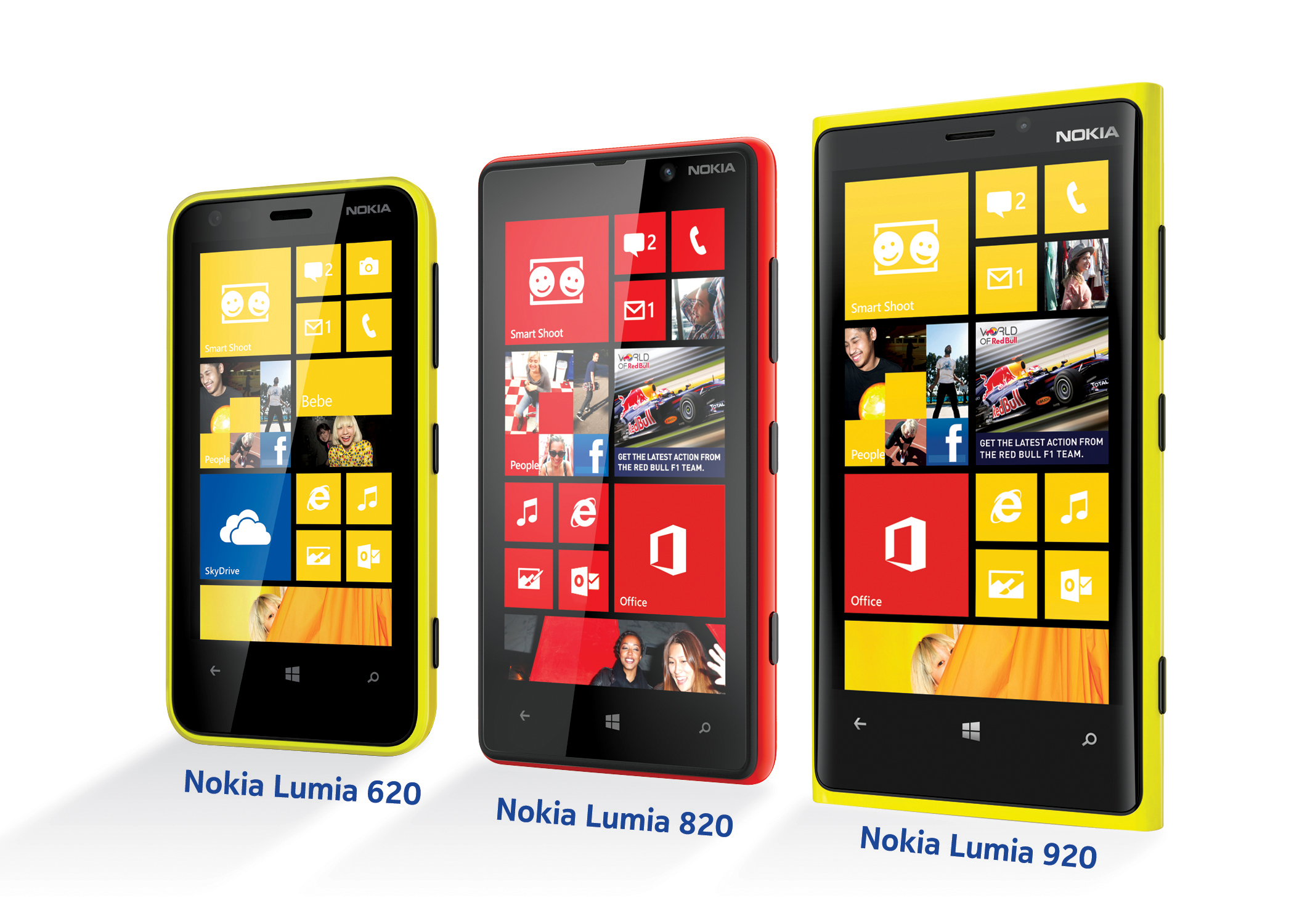Windows 10 For Phones To Support 'Host Card Emulation' For Mobile Payments
Now that Google has acquired Softcard away from the three big U.S. carriers (Verizon, AT&T and T-Mobile), Microsoft needs a new alternative for mobile payments on the Windows 10 for phones operating system. According to the company at the WinHEC conference in China, it will support "Host Card Emulation" in the OS, a feature that has been supported on Android since version 4.4.
Microsoft will support Host Card Emulation for NFC payments in Windows 10 for phones in order keep credit card information safe. That means mobile payment providers will secure the credit card information on their servers, instead of it being secured on users' devices. The system will support cards from Visa, Mastercard and AMEX.
The HCE system could potentially be less secure than a Secure Element-based payment service such as Apple Pay, but ultimately, what will matter is if the security is good enough to get a passing grade with a minimal risk of exposing people's credit card information. Too many companies have failed at protecting users' information in recent times.
Microsoft will also support SIM-based Secure Elements, but with the carriers getting out of the mobile payments market in the U.S., it's less likely that we'll see this type of security being adopted by mobile manufacturers. Further, as that would make them beholden to carriers, OEMs would rather either use HCE or embedded Security Elements, which Microsoft's operating system doesn't currently support.
At WinHEC, Microsoft also announced that Windows 10 for phones will support "Tap to pair" so it can pair NFC-capable devices and connect them through Wi-Fi Direct during a Wi-Fi Protected Setup. The OS will also support pairing with a Miracast dongle so the screen can be mirrored to a TV.
Microsoft will announce more about these features at the Build 2015 conference in late April.
Follow us @tomshardware, on Facebook and on Google+.
Get Tom's Hardware's best news and in-depth reviews, straight to your inbox.
Lucian Armasu is a Contributing Writer for Tom's Hardware US. He covers software news and the issues surrounding privacy and security.
